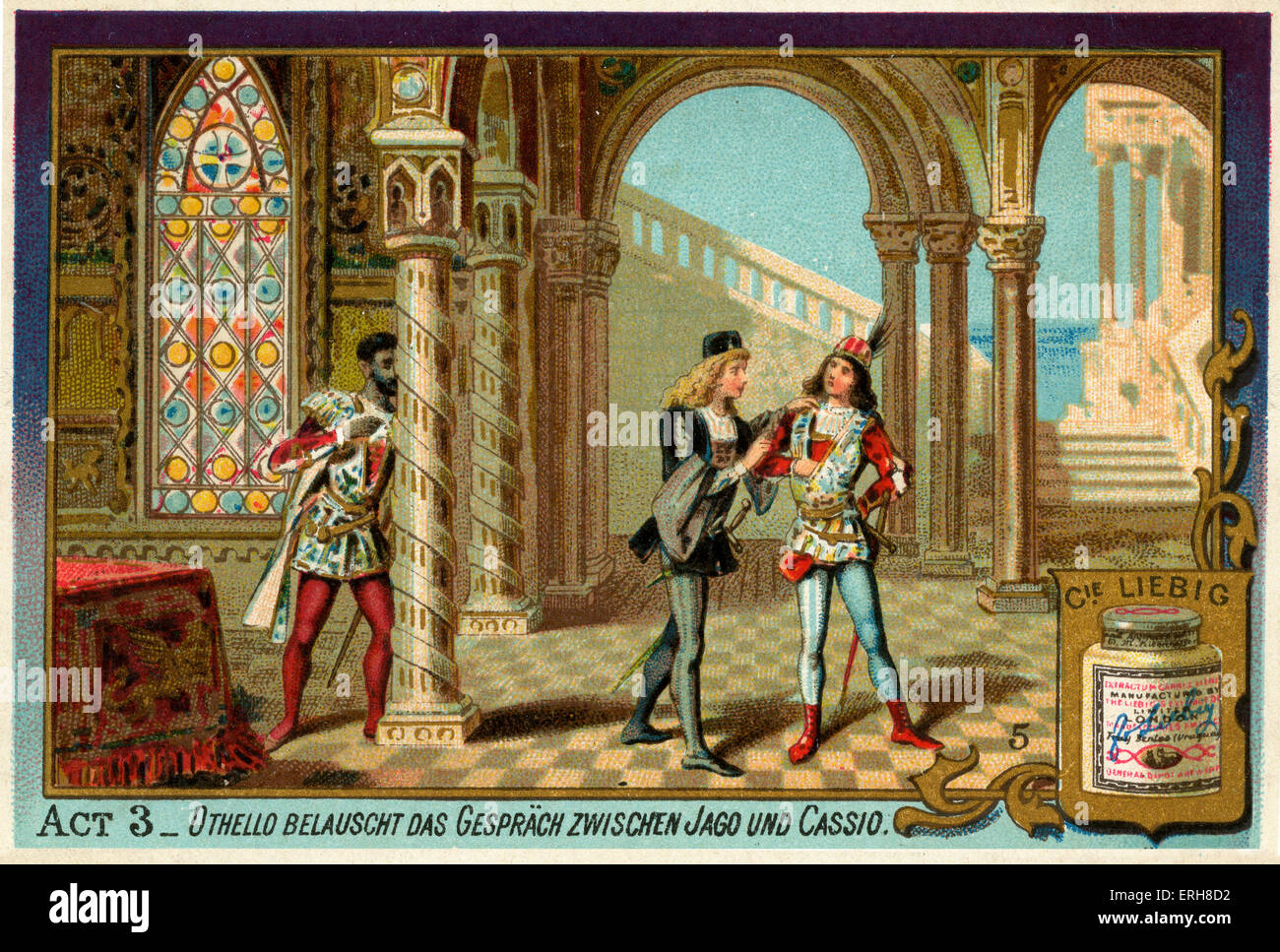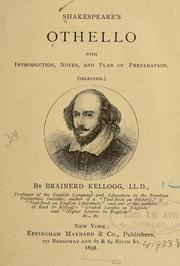

For more information see our Privacy Policy. Privacy Notice: Newsletters may contain info about charities, online ads, and content funded by outside parties.

Her arguments, cumulatively, come to feel essential and should be absorbed by every theatre director, writer, critic, interested in finding new ways into the work. “Shakespeare often challenges us to hold two contradictory views simultaneously – it was how his mind worked,” she writes, and demonstrates how figures such as Shylock and Aaron were both defined by stereotypes as well as undermining them.

Her critique is at its most absorbing and original when she shows how complicated his approach was. Historians including Miranda Kaufmann and David Olusoga have supplied ample examples of diversity in Tudor Britain, and Karim-Cooper sees Shakespeare as holding a mirror to this society, with his plays interrogating live issues around race, identity and the colonial enterprise. Karim-Cooper makes some rather creative connections between Shakespeare’s world and ours: a discussion on inter-racial couples such as Othello and Desdemona and Titus Andronicus’s Aaron and Tamora segues into an analysis of the present day ambivalence towards Prince Harry and Meghan Markle she draws on the cultural theorist bell hooks’s idea of political resistance through self-love, hailing Aaron’s eloquent defence of his blackness (“Coal-black is better than another hue / in that it scorns to bear another hue”) as “the first ever black power speech”. We are taken from original stagings in black- and brown-face to the trauma carried in roles such as Othello for contemporary Black actors. She also bypasses charges of unfairly applying 21st-century definitions of racism and white supremacy by calibrating her analysis to the values of the Tudor era, or subsequent centuries. Some of this is familiar, but Karim-Cooper’s broader sociopolitical scope makes us see certain lines and characters afresh. “I am a foreign, brown woman – and I feel seen and heard in Shakespeare’s plays,” Karim-Cooper asserts and this chimes with her book’s broader aim: to restore the swan of Avon as a playwright for all.Ĭlose readings of the texts produce concrete examples of racial prejudice, antisemitism and colonial subjugation in works such as Othello, The Merchant of Venice, Julius Caesar, Antony and Cleopatra and The Tempest. The great white bard of the title is just that type of idealised cultural construct, she suggests.
OTHELLO SHAKESPEARE HOW TO
It is a clever deployment of Shakespearean wisdom on how to love without a distorting “fancy bred in the eye”.

Karim-Cooper’s broader sociopolitical scope makes us see certain lines and characters afresh But in order to love him, she argues, we have to know him fully, and not only his genius but the darker aspects of his legacy. Karim-Cooper felt an instant connection to Shakespeare at the age of 15, during an English lesson on Romeo and Juliet. It is a thorough analysis but also a kind of love letter. Far from being cowed by the experience, she has produced a book-length study of the bard through the lens of race theory.
OTHELLO SHAKESPEARE SERIES
Efforts to decolonise Shakespeare have been fiercely contested in the past and as co-director of education at the Globe theatre, Karim-Cooper navigated her own storm when she organised a series of webinars on anti-racism in the aftermath of George Floyd’s murder.


 0 kommentar(er)
0 kommentar(er)
